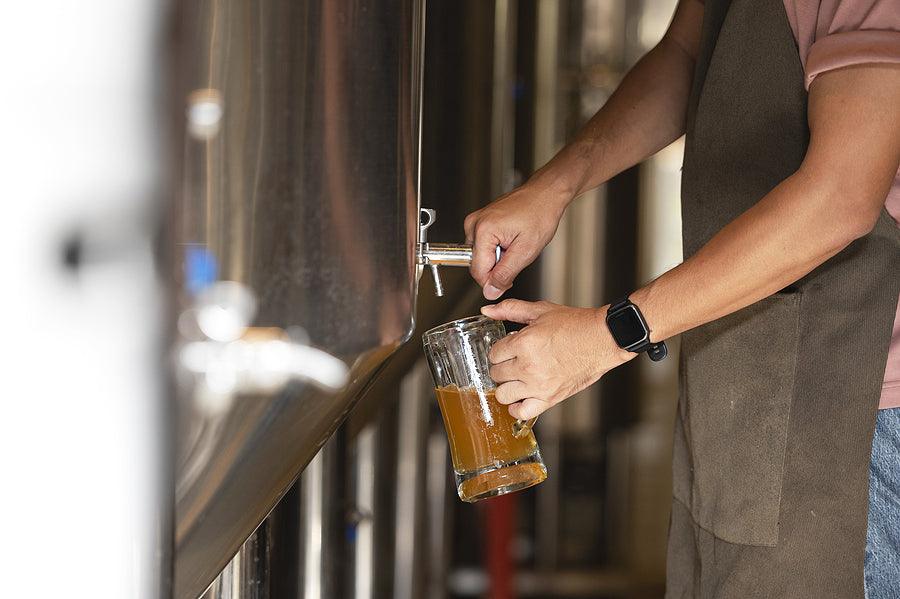
The craft beer industry has gone from strength to strength, with a growing number of independent microbreweries making a wide array of different beverages helping to open up both the business side and enjoyment side of beer to a wider group of people than ever before.
Low-alcohol, alcohol-free and low-calorie beers, as well as beers that do not contain the allergens that affect people with gluten intolerances, help to cater for people who otherwise could not enjoy craft beer, whilst there are also a wide range of different tastes, techniques and traditions that make the beer world so vibrant.
In the UK, it was not always this way, and as recently as 1989, the beer market was dominated by just six national brewers:
- Allied Breweries (Tetley’s and others)
- Bass Brewery (Bass Pale Ale, Worthington)
- Courage Brewery (Courage Directors Bitter)
- Grand Metropolitan (Yorkshire Bitter)
- Scottish & Newcastle (Newcastle Brown Ale)
- Whitbread (Whitbread’s Ale, better known for hotels and restaurants).
These six companies alone controlled three-quarters of beer production and controlled over half of the pubs in the country through a tied house agreement, typically an agreement between a publican and a brewery that the former could buy a pub at a discounted rate or with favourable terms in exchange for buying beer only through that brewery.
This led to a lack of competition as many pubs in a region were linked to one of the big six and thus would primarily stock their drinks, made worse by accusations by the Campaign For Real Ale and other groups that the “big six” would deliberately supply lower quality beer in locations where people did not have a choice.
This was seen as a monopoly and eventually led in 1989 to the Beer Orders, which aimed to fix the problems with tied houses and exclusivity respectively.
It forced large brewer landlords to allow tenants to provide at least one beer produced by someone other than them, creating the guest beer culture that still persists to this day.
It also limited the number of tied pubs one brewery could own to 2000, which led to many pubs becoming free houses or being tied to smaller breweries instead.
By the time the orders were repealed in 2003, the cultural shift in the beers people drink had taken hold and craft beers have only diversified more in the decades since.
